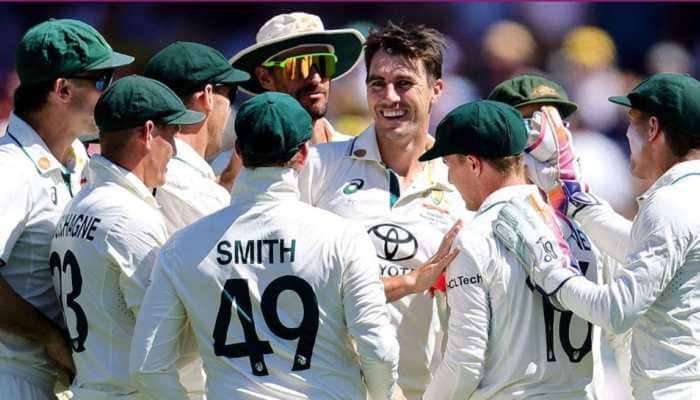Ross Brawn sees more tactical future for F1 hybrid tech
The Briton said there would be no return to the raucous, normally-aspirated V12 engines of old but the sport hoped to bring back some of the key qualities of the past.
Trending Photos
)
London: Formula One could seek to apply hybrid technology more tactically in engine regulations being drawn up for 2020, motorsport managing director Ross Brawn said on Wednesday.
"Hybrid technology is probably going to be retained because it offers some relevance, and the engagement of manufacturers," Brawn told reporters at a round table briefing organised by F1 connectivity partner Tata Communications.
"But can we turn it round a little bit and make it a tactical quality so that in the race you’ve got much more capacity to use the battery power and the hybrid power to try and get an advantage?."
Brawn cited the example of Mercedes` Valtteri Bottas who passed the Williams of Canadian rookie Lance Stroll for second place at the finish in Azerbaijan last month after saving up battery power and then using it to maximum effect.
He said the new engine needed to be "more exciting and accessible" and "probably not such a major performance differentiator".
Champions Mercedes, the team Brawn once led after winning both titles with his own Brawn GP team in 2009, have been dominant and won 56 of 68 races since the start of the 2014 season.
The new power unit under discussion with current manufacturers and others would be the first since the V6 turbo hybrid era replaced the normally-aspirated V8s in 2014. Brawn warned it would not satisfy everyone.
"It’s not a question of finding a sort of middle ground where you don’t offend anyone because I don’t think that would be the best solution," he said.
After he spoke, cars from Formula One`s past and present -- some from the 1980s with V12 engines -- did demonstration runs in London`s central Trafalgar Square as part of an F1 Live event ahead of this weekend`s British Grand Prix.
Brawn said fans who wanted to go back to the normally aspirated engines did so because they missed the emotion, noise and revs.
"So can we create a hybrid engine that has that noise and the revs and the appeal?," he added. "I think the manufacturers involved in Formula One know that’s the key element, because they need to have a successful Formula One.
"It’s no good having an engineering exercise that demonstrates your technology if nobody’s watching."
Stay informed on all the latest news, real-time breaking news updates, and follow all the important headlines in india news and world News on Zee News.
Advertisement
Live Tv
Advertisement







)
)
)
)
)
)
)
)
)
)
